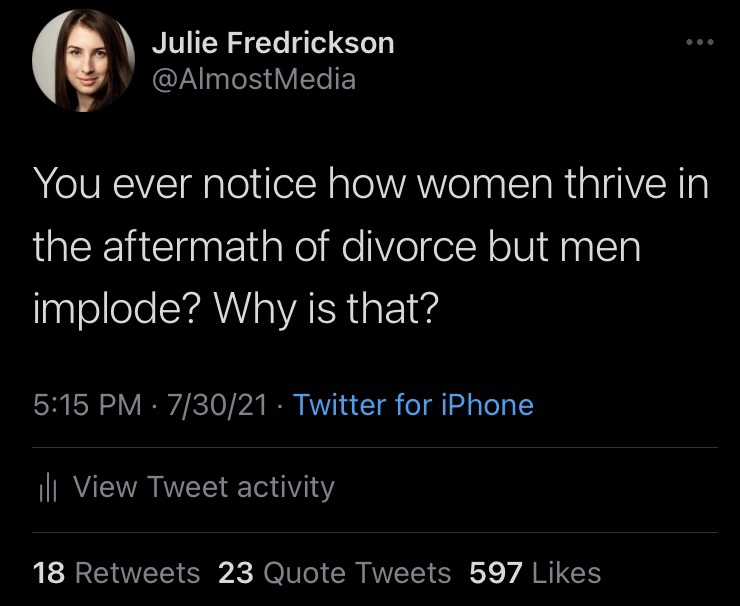I don’t believe in the no-win scenario
Captain Kirk
If you cannot win by playing by the rules, then change the rules. If you are nice Iowa farmboy named James you will probably get away with it. Or a cartoon character named Calvin with a stuffed tiger named Hobbes. There is no cheating in Calvinball because the rules are constantly changing.
I’ve been thinking a lot about shitposting this past year as it becomes a kind of social sport in venture capital and startup Twitter. I’m a big fan of the shitpost as I think making elaborate “jokes but not quite jokes” can be an exercise in vulnerability and honesty.
But who gets to be honest and what rules will be broken if the wrong person says the true thing is quite telling. I have a medical procedure that is going to take a lot out of me this week so I’ve been resting at home in preparation. This has meant I’ve watched a lot of television. I’ve been binge watching Downton Abby the period drama about Edwardian Aristocrats coping with changing social standards as modernity bears down on them. It’s a drama about “manners” which please lots of agonizing over who and what is right and proper. The class structures are so codified they are literally written down. No seriously they kept books about peerages! Check out Burke’s. Fucking wild.
It all seems a bit ludicrous as an American but I’ve got to imagine social institutions I consider completely normal will look utterly baffling in a hundred years too. And much of the way those social mores change is when someone decides that playing by the rules is a no-win scenario. Sometimes the game is so codified that no one but people who have been trained and advantaged their entire life can be winners. When that happens the only way anyone else can win is to change the rules.
Or as Spock might have said to Kirk. “You cheated.” But is it cheating when it’s a no win-scenario? If by changing the parameters the game you open up entirely new possibilities maybe it’s a good thing. Sure, Star Trek does an excellent job of showing us the emotional and moral limits of never having to face failure and it’s consequences. But what if without rejecting the premise of the Kobayashi Maru you could have never known success or change?
I think shitposting might be a bit of social Calvinball or some social media variant of the the Star Fleet ethics test. People with some power use it to great effect. But a lot of people with some talent and an eye towards improving their social position leverage shitposting. They change the rules of what can be said. They make a game of truth telling and shift the rules of the game. This isn’t a finished theory by any means but as I’m determined to slowly think my way through a grand unified theory of shitposting you can expect a lot of notes and works in progress on the topic here.
